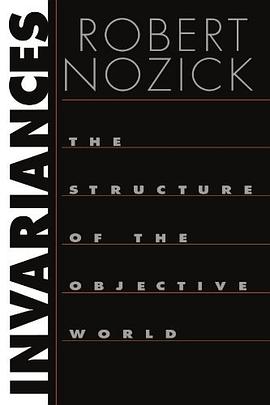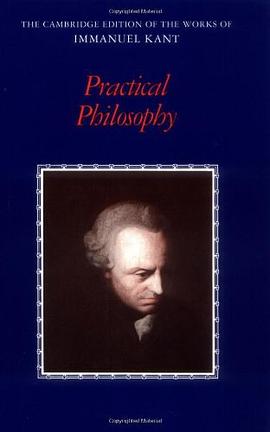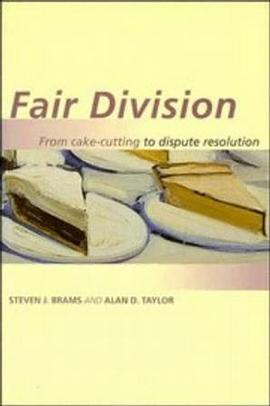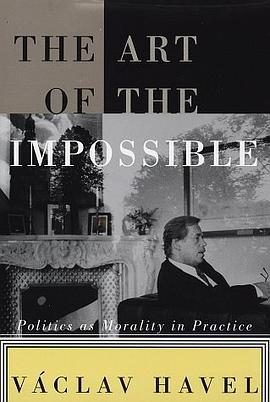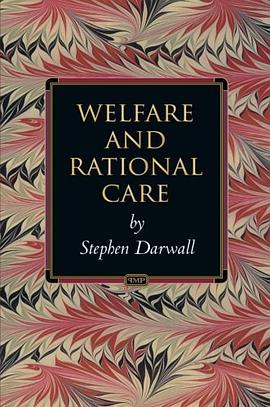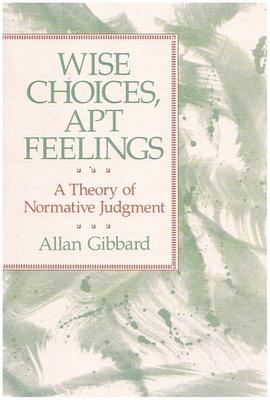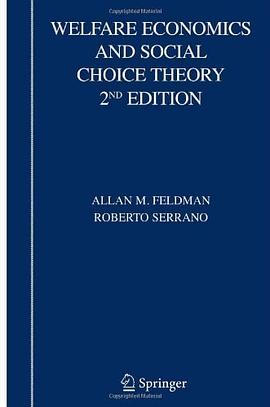Introduction: On Philosophical Method
I. THE STRUCTURE OF THE OBJECTIVE WORLD
1. Truth and Relativism Is Truth Relative?
Who Wants Relativism?
Truth in Space and Time
The Truth Property
Is a Theory of Truth Possible?
Is Truth Socially Relative?
Does Relativism Undercut Itself?
The Correspondence Theory
2. Invariance and Objectivity
Objective Facts
Admissible Transformations
Two Types of Philosophical Account
The Ordering of Objectiveness
Intersubjectivity
Objective Beliefs and Biasing Factors
Dimensions of Truth
The Objectivity of Science
The Functional View
Underdetermination of Theory
Rationality, Progress, Objectivity, and Veridicality
3. Necessity and Contingency
Epistemology of Necessity
Cross-Classifications
On the Supposed Necessity of Water's Being H2O
The Withering of Metaphysical Necessity
Explaining Away Necessities
Logical and Mathematical Necessity
Degrees of Contingency
The Nature of Actuality
The Ultimate Theory of the World
II. THE HUMAN WORLD AS PART OF THE OBJECTIVE WORLD
4. The Realm of Consciousness
The Function of Consciousness
Gradations of Awareness
The Context of Consciousness
The Zoom-Lens Theory
Synthesizing and Filtering Data
Common Knowledge
The Functions of Phenomenology
Mind-Body Relations
5. The Genealogy of Ethics
The Theory of Ethics
The Ubiquity of Ethics
Coordination to Mutual Benefit
Coordination via Ethical Norms
The Evaluation of Systems of Coordination
The Core Principle of Ethics
Normative Force and the Normativity Module
Evaluative Capacities
Higher Layers of Ethics
Ethical Truth and Ethical Objectivity
The Unpredictability of Human Behavior
Ethics and Conscious Self-Awareness
Notes
Index
· · · · · · (
收起)
